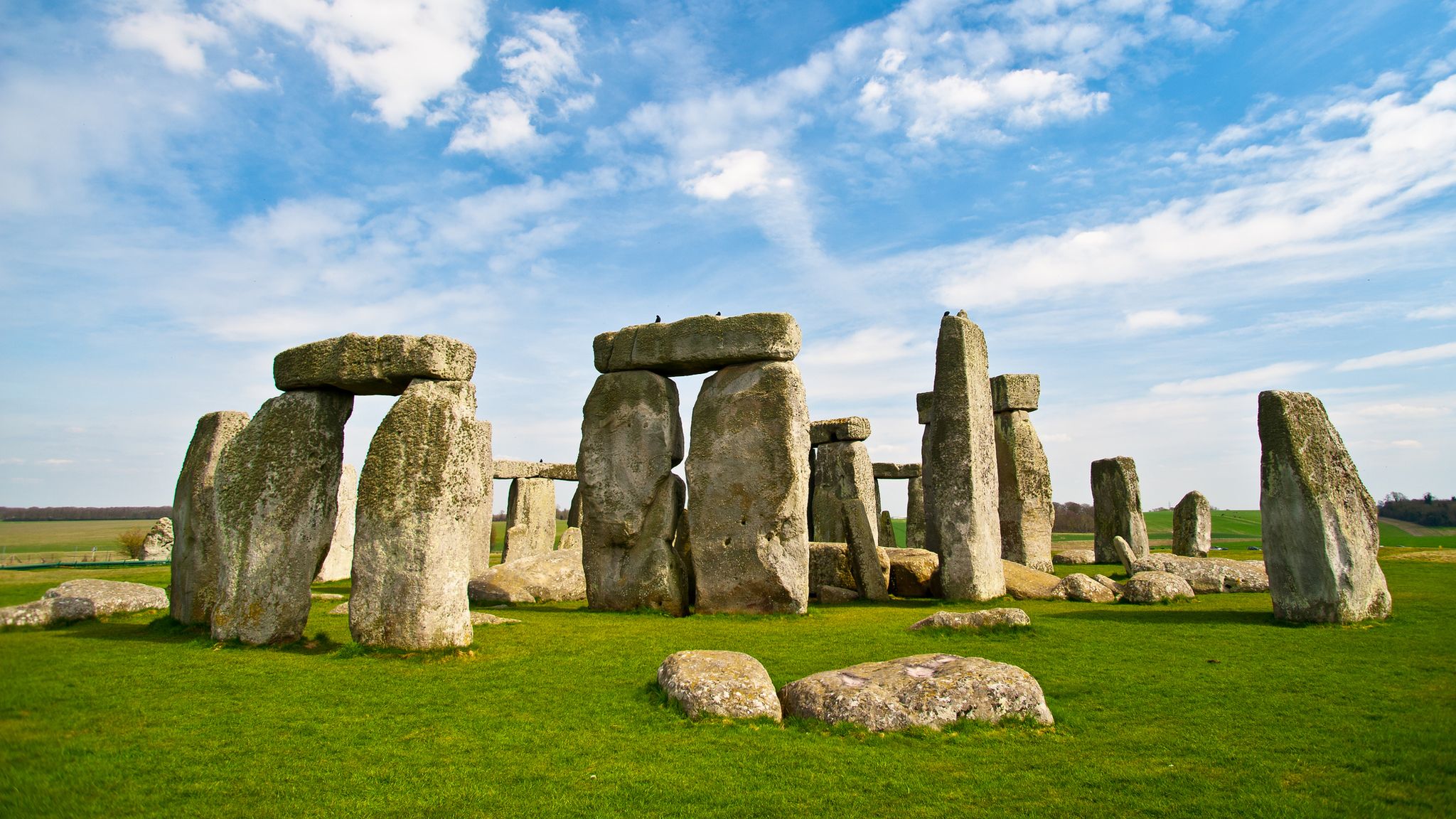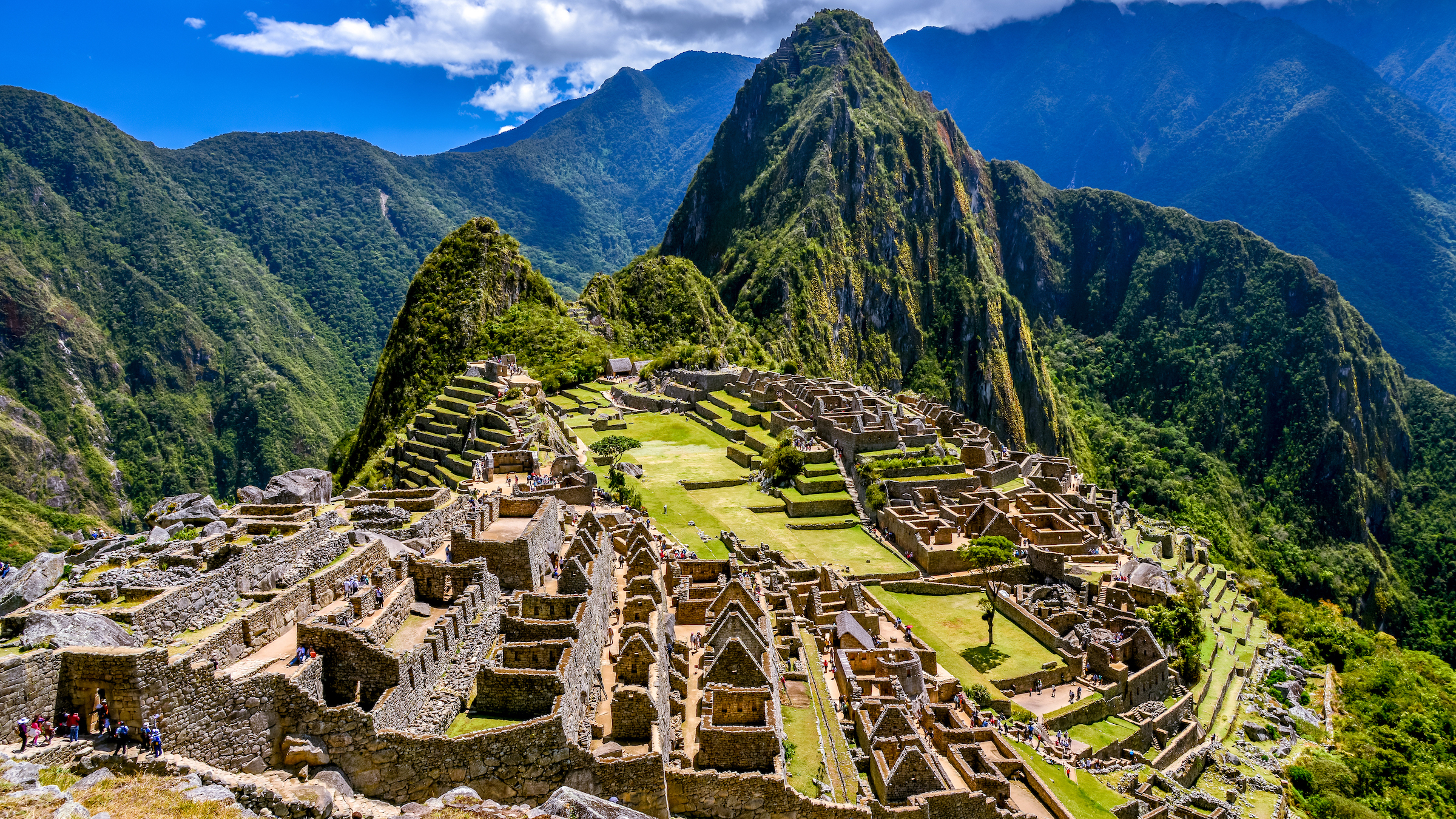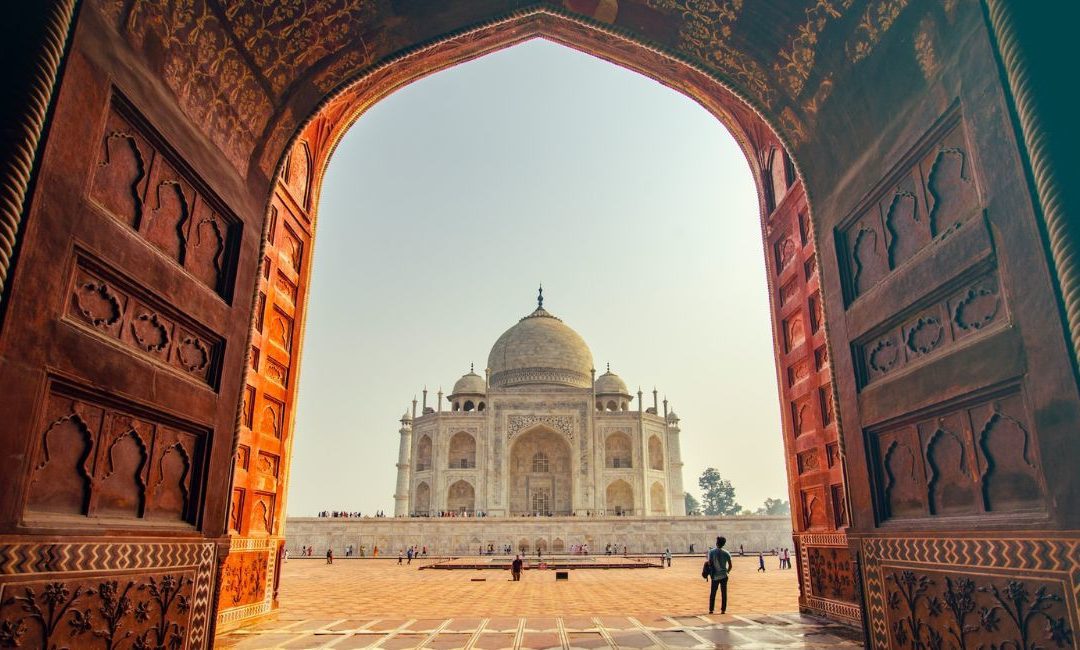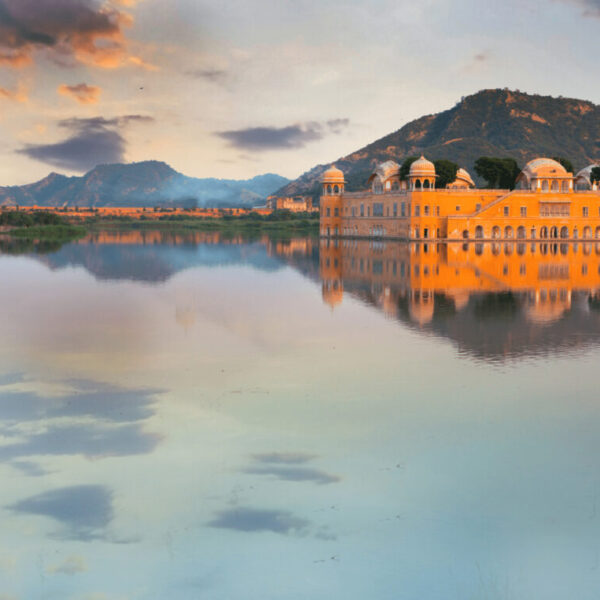Traveling the world allows us to explore the rich tapestry of human history, and there’s no better way to do that than by visiting historical attractions. From ancient wonders to grand palaces, these sites tell stories of the past and offer a glimpse into the cultures that shaped them. These historical attractions are not only a testament to human ingenuity but also windows into the past. They remind us of the civilizations that once thrived and the stories they left behind. Whether you’re drawn to the mysteries of Stonehenge or the grandeur of the Alhambra, exploring these historical treasures is an enriching experience that connects us to our global heritage.

Table of Contents
Stonehenge, England
Stonehenge, nestled in Wiltshire, England, stands as a mesmerizing prehistoric marvel. As a UNESCO World Heritage Site, it features enigmatic stone circles and celestial alignments that have intrigued both scholars and visitors for generations. While the exact purpose of Stonehenge remains shrouded in mystery, its ancient origins and magnetic aura continue to draw inquisitive minds from around the globe. Stonehenge ticket prices typically ranged from £21 to £25 for adults, while children and students enjoyed reduced rates. This iconic historical attraction offers a unique opportunity to connect with the mysteries of our distant past, making it an essential stop for anyone exploring England’s historical treasures.

National Palace of Pena, Portugal
The Park and National Palace of Pena, located in Sintra, Portugal, is a true architectural gem. Perched atop a hill, it’s a fairytale-like structure that seamlessly blends various architectural styles, including Moorish, Gothic, and Renaissance influences. The palace’s vibrant colors and intricate detailing make it a visual delight. Surrounded by a lush park, exploring this historical attraction feels like stepping into a storybook. With the Park and National Palace of Pena tickets explore a testament to Portugal’s rich cultural heritage and a must-visit destination for travelers seeking beauty, history, and charm.

Machu Picchu, Peru
Machu Picchu, nestled high in the Andes Mountains of Peru, is a 15th-century Inca citadel that continues to captivate visitors from around the world. This remarkably well-preserved archaeological wonder offers not only breathtaking views of the surrounding mountains but also a deep dive into the advanced engineering and architectural skills of the Inca civilization. With its mysterious aura and stunning location, Machu Picchu stands as a testament to the ingenuity and historical significance of this ancient civilization.

Taj Mahal, India
The Taj Mahal is a world-famous white marble mausoleum located in Agra, India. It was built by Mughal emperor Shah Jahan in memory of his third wife Mumtaz Mahal, who died in childbirth in 1631. Construction began in 1632 and was completed in 1653, employing over 20,000 artisans and laborers. The Taj Mahal is considered one of the most beautiful buildings in the world. It is known for its intricate carvings and inlay work, which features semi-precious stones such as lapis lazuli, jade, and crystal. The central dome of the Taj Mahal is 240 feet high and is surrounded by four smaller domes and four minarets, which are 130 feet tall. The Taj Mahal is a UNESCO World Heritage Site and is one of the most popular tourist destinations in India. It is a symbol of love, loss, and the enduring power of human creativity.

The Pyramids of Giza, Egypt
The Pyramids of Giza, situated on the outskirts of Cairo, Egypt, are an enduring testament to ancient engineering and architectural excellence. The complex includes the Great Pyramid of Khufu, one of the Seven Wonders of the Ancient World. These monumental tombs, constructed over 4,500 years ago, continue to inspire awe with their sheer size and precision. The Pyramids, along with the enigmatic Sphinx nearby, provide a captivating window into the grandeur of ancient Egypt and its rich history.

Petra, Jordan
Petra, often referred to as the “Rose City,” is an archaeological wonder nestled amidst the rose-red cliffs of southern Jordan. Once the thriving capital of the Nabatean Kingdom, Petra is renowned for its stunning rock-cut architecture, intricate tombs, and the famous Treasury facade. A UNESCO World Heritage Site, it offers a mesmerizing journey through time and a glimpse into the advanced civilization that carved this extraordinary city into the desert landscape.
The Colosseum, Italy
The Colosseum, situated in the heart of Rome, Italy, is an iconic symbol of ancient Roman grandeur and entertainment. This colossal amphitheater, constructed over 2,000 years ago, once hosted epic gladiatorial contests and chariot races. Its impressive architecture and historical significance continue to draw visitors worldwide. As a testament to the power and cultural impact of the Roman Empire, the Colosseum offers a glimpse into a bygone era and remains a must-visit historical attraction for travelers exploring the eternal city of Rome.

Angkor Wat, Cambodia
Angkor Wat, located in Cambodia, stands as the largest religious monument globally, representing the pinnacle of Khmer architecture and art. Surrounded by lush jungles, this 12th-century temple complex features intricate carvings and stunning architectural design. Its spiritual significance and historical relevance make it a UNESCO-listed treasure. Exploring Angkor Wat allows visitors to delve into the rich history of the Khmer Empire while marveling at the awe-inspiring beauty and cultural heritage of this ancient site.

The Alhambra, Spain
The Alhambra, situated in Granada, Spain, is a breathtaking palace and fortress complex renowned for its exquisite Islamic architecture and intricate tilework. This historical treasure showcases the artistry and culture of the Nasrid dynasty, with its courtyards, gardens, and palatial chambers. Visiting the Alhambra offers a captivating journey into Spain’s Moorish past and an appreciation of the enduring beauty and historical significance of this UNESCO World Heritage Site.

The Acropolis of Athens, Greece
The Acropolis of Athens, Greece, stands as an enduring symbol of ancient Greek civilization and classical art. This hilltop citadel houses iconic structures like the Parthenon, a Doric temple dedicated to the goddess Athena. Visiting the Acropolis provides a profound connection to the birthplace of democracy and the rich legacy of Greek philosophy and art. With its panoramic views of Athens and its historical significance, the Acropolis is a must-visit destination for travelers seeking to explore the cultural heritage of Greece.














There are 4 comments
India is the where can you find lots of historical places , which tell us lot of stories about our culture and history .